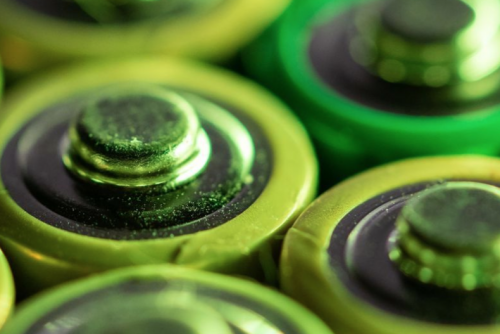Battery metal firm raises six-figures after securing £5m facility

The first listed UK company focused on battery metals, Technology Minerals has raised a further £133k after securing a £5m bond facility.
The facility with CLG will be drawn down by £1m for general working capital purposes during the ramp up of its subsidiary Recyclus’ battery recycling plant in Wolverhampton.
Technology Minerals owns 48.35% of Recyclus and will have the option to draw down two further tranches totalling £1m before the completion of the proposed reverse takeover of Recyclus.
CLG will be issued with warrants based on 30% of the notional value of the first tranche, 35% of the second tranche, 40% of the third tranche, and 45% of any subsequent tranche.
Warrantholders were also given the opportunity to take advantage of discounted shares as part of a long-term financing strategy to secure future investments from existing investors.
This has secured proceeds of £133k, which will be used to bolster the firm’s current portfolio and deliver enhanced value for our shareholders.
It hopes to process 8,300 tonnes in the first year, using a single shift pattern of labour during the standard working week. Annual capacity will then be increased through additional shifts, with the expectation that the plant will be able to process up to 22,000 tonnes of Li-ion batteries per annum.
The Tipton plant is the first among Recyclus’ planned five lead-acid plants to be located in the UK. The facility has the capacity to recycle up to 15,000 tonnes of lead-acid materials during the first full year of operations. Over the coming years, Recyclus says its committed to scaling up its efforts, with a target of processing a cumulative total of 80,000 tonnes across the subsequent four lead acid plants.








